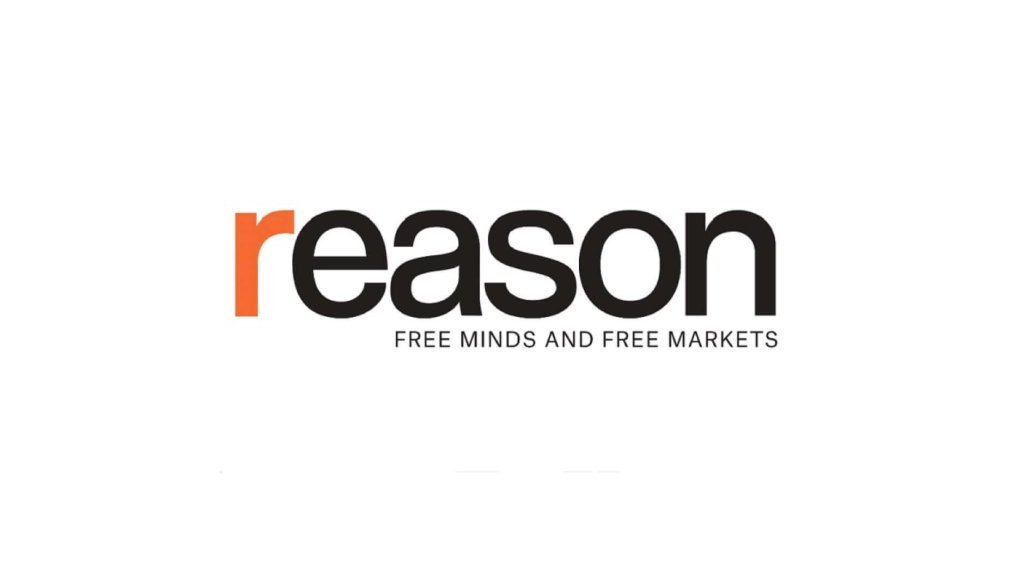Can the President Fire the Librarian of Congress? Turns Out That He Likely Can
Last week, the President fired the Librarian of Congress, and then the Register of Copyrights, who is the Librarian’s subordinate. I will set aside the question of whether that was a good idea, and focus on the legal question—how can the President fire the Librarian of Congress?
The answer appears to be that the Library of Congress is actually an Executive Branch department for legal purposes, though it also provides some services to Congress. Indeed, I think it has to be such a department in order to have the authority that it has over the implementation of copyright law (via the Register of Copyrights): As Buckley v. Valeo (1976) made clear, in a less famous part of its holding, Congress can’t appoint heads of agencies that exercise executive powers.
Indeed, the U.S. Court of Appeals for the D.C. Circuit held last year,
As we have recognized, the Librarian is a “Head of Department” within the Executive Branch.
And that is particularly true when it comes to the appointment of the Librarian: A federal statute expressly provides that,
The President shall appoint the Librarian of Congress, by and with the advice and consent of the Senate.
Likewise, Eltra Corp. v. Ringer (4th Cir. 1978) held that,
The Register [of Copyrights] is appointed by the Librarian of Congress, who in turn is appointed by the President with the advice and consent of the Senate. By the nature of his appointment the Librarian is an “Officer of the United States, with the usual power of such officer to appoint ‘such inferior Officers (i. e., the Register), as (he) think(s) proper.” …
The operations of the Office of the Register are administrative and the
Article from Reason.com

The Reason Magazine website is a go-to destination for libertarians seeking cogent analysis, investigative reporting, and thought-provoking commentary. Championing the principles of individual freedom, limited government, and free markets, the site offers a diverse range of articles, videos, and podcasts that challenge conventional wisdom and advocate for libertarian solutions. Whether you’re interested in politics, culture, or technology, Reason provides a unique lens that prioritizes liberty and rational discourse. It’s an essential resource for those who value critical thinking and nuanced debate in the pursuit of a freer society.



